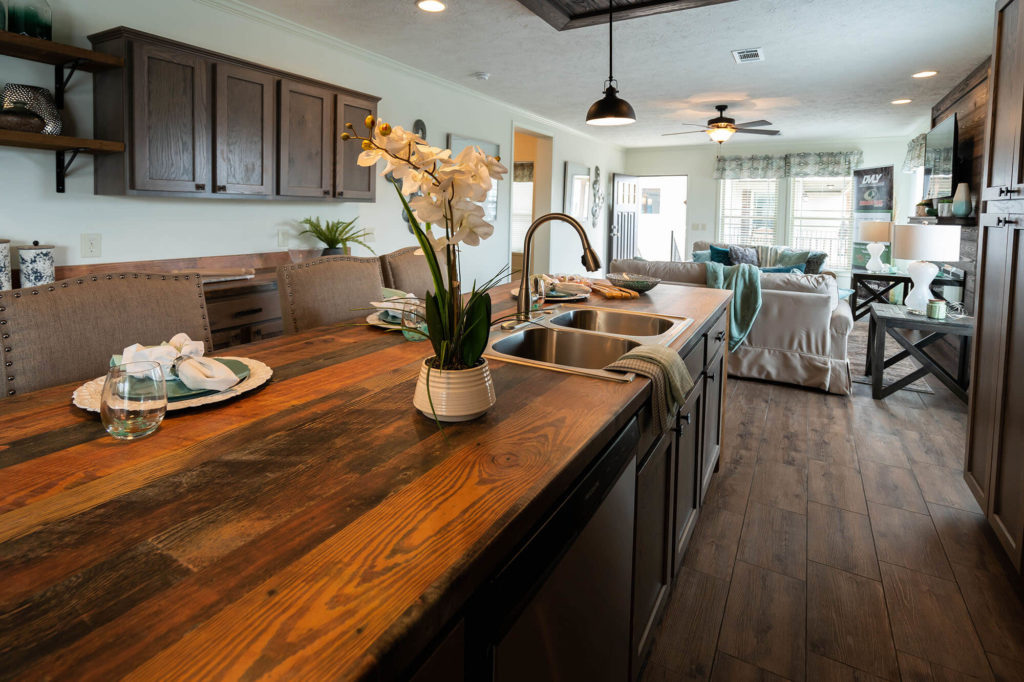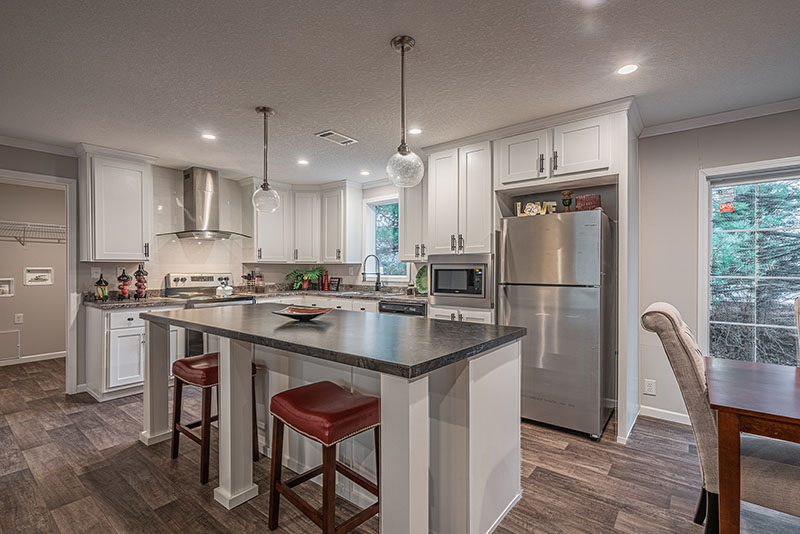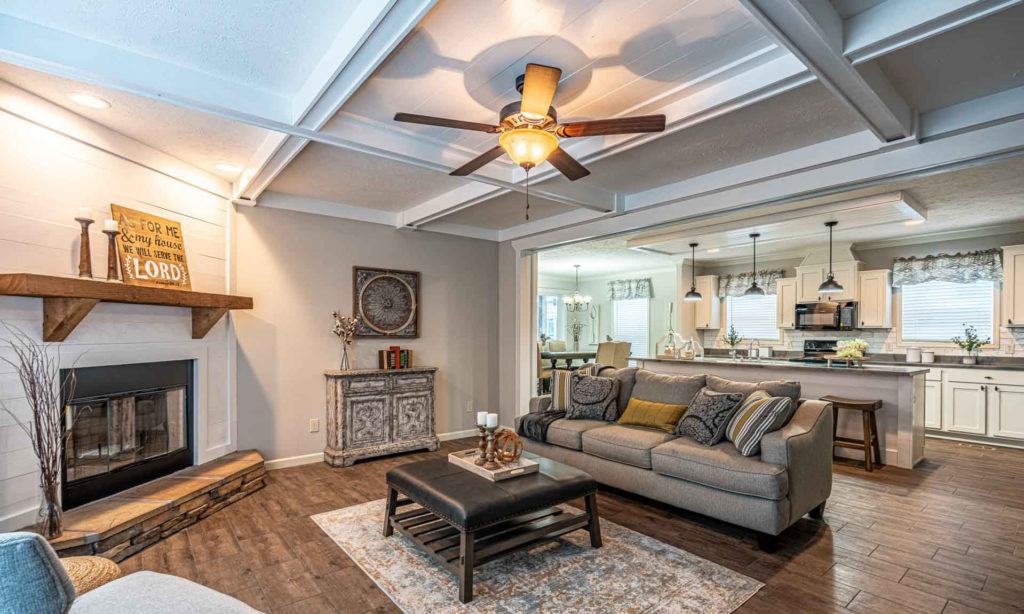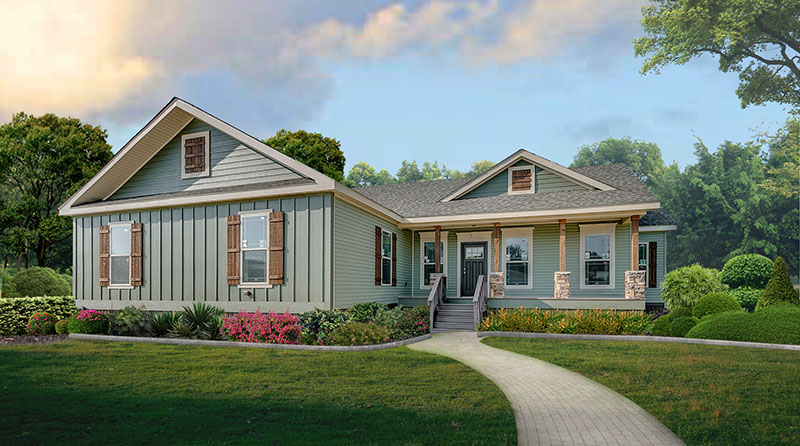The construction industry is infamous for its lengthy timelines, fluctuating costs, and countless logistical headaches. With every new project, there’s a possibility of facing unforeseen challenges that can turn the excitement of building a home into a stressful ordeal. However, modular homes have emerged as a popular alternative, offering a fresh perspective on home construction.
Modular homes are gaining traction for their efficiency, cost-effectiveness, and surprisingly simple construction process. By embracing this innovative approach, you can significantly reduce the stress often associated with building a traditional home. Here are seven compelling reasons why modular homes are revolutionizing the industry and making the dream of homeownership more accessible and enjoyable for everyone.
1. Shorter Construction Time
One of the most stressful aspects of traditional home building is the extended timeline. Modular homes offer a much quicker construction process, as modules are built in a factory setting while the foundation is simultaneously prepared on-site. This parallel construction means your home can be ready in just a few months, rather than the year it might take to build a traditional home.
2. Weather Independence
Building your home in a controlled factory environment protects the construction process from weather disruptions. Rain, snow, or high winds can halt traditional construction for days or weeks, but modular building is not subject to these delays. This constant progress keeps the timeline predictable and reduces anxiety over potential weather-related setbacks.
3. Consistent Quality Control
In traditional construction, quality can vary significantly depending on the skills and attention of the individual workers on site and the conditions they are working under. In contrast, the standardized factory setting of modular homes ensures a high level of consistent quality control. Each module is constructed using precise machinery and undergoes rigorous inspections before leaving the factory.
This controlled environment minimizes human error and ensures that every section of your home meets stringent quality standards. Because each module is built to be transported and fits together seamlessly with other modules, the construction process must adhere to exact specifications, ensuring a higher level of precision throughout.
Additionally, using state-of-the-art technology and specialized assembly techniques means that modular homes often boast superior craftsmanship compared to their traditionally built counterparts. Knowing that quality checks and advanced manufacturing processes are regularly performed on each module can significantly ease the stress associated with potential costly repairs or structural issues down the line.
4. Cost Predictability
Unexpected costs can be a major source of stress in traditional home construction. Frequent changes, delays, or unforeseen issues can quickly blow a budget out of the water. In contrast, modular homes generally come with more predictable pricing. The factory-based construction process allows for detailed cost estimation upfront, with less variation due to weather or other unpredictable factors. This transparency and reliability in pricing enable homeowners to plan their finances more effectively, reducing the stress associated with budgeting.
5. Faster Build Times
One of the most significant advantages of modular homes is their ability to drastically reduce overall construction time. Since the building process takes place in a controlled factory environment, work can proceed concurrently on various modules. While the site preparation and foundation work are underway, the modules are being constructed in the factory. This simultaneous progress allows for a much quicker build than traditional construction, which often occurs sequentially.
Once the modules are complete and have passed quality inspections, they can be transported to the construction site and assembled in a matter of days. This efficient timeline not only means you can move into your new home faster, but also reduces the stress associated with prolonged construction periods.
6. Environmental Benefits
Modular homes have a reputation for being environmentally friendly, which can ease the stress associated with the environmental impact of traditional home construction. The factory setting enables precise material usage, minimizing waste. Any leftover materials are often recycled within the facility, ensuring a more sustainable building process.
Moreover, the quick construction process reduces the time heavy machinery and equipment are needed on-site, diminishing fuel consumption and the overall carbon footprint. Many modular homes are also designed with energy efficiency in mind, incorporating features such as high-quality insulation, energy-efficient windows, and modern heating and cooling systems. This not only benefits the environment but also translates into lower utility bills for homeowners, providing long-term financial relief.
Get Started Today
If you’re interested in learning more about modular homes, contact Family Dream Homes. We’re here to help with any questions you may have!



